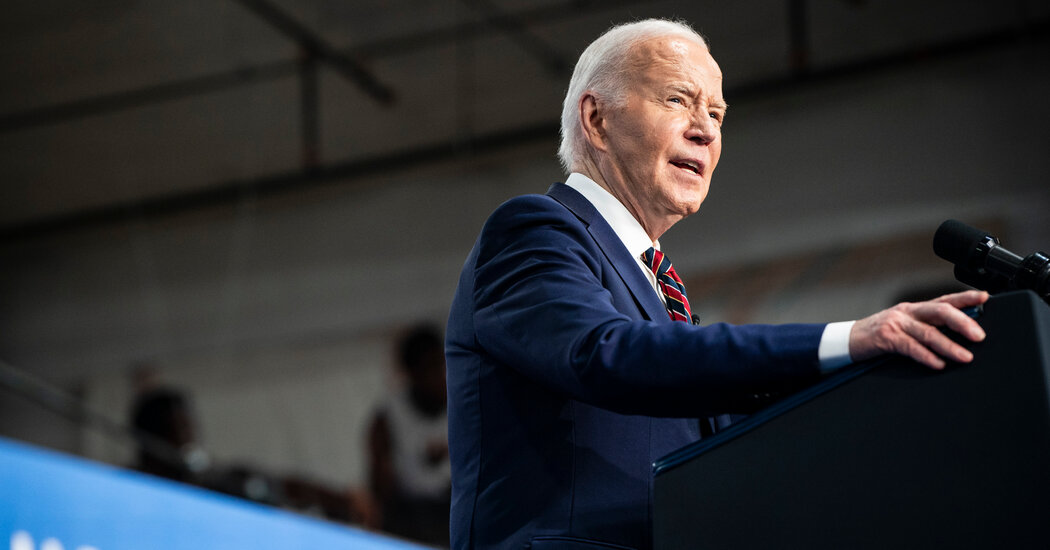The case, one of several this term on how the First Amendment applies to technology platforms, was dismissed on the ground that the plaintiffs lacked standing to sue.
The Supreme Court said on Wednesday that it would not decide whether Biden administration officials may contact social media platforms to combat what the officials say is misinformation, saying instead that the states and users who had challenged the contacts had not suffered the sort of injury that gave them standing to sue.
While the decision left fundamental legal questions for another day, it amounted to a major practical victory for the administration.
The vote was 6 to 3, with Justice Clarence Thomas, Samuel A. Alito Jr. and Neil M. Gorsuch in dissent.
Writing for the majority, Justice Amy Coney Barrett wrote that the court’s power to second-guess the executive branch was limited.
“The plaintiffs, without any concrete link between their injuries and the defendants’ conduct, ask us to conduct a review of the yearslong communications between dozens of federal officials, across different agencies, with different social-media platforms, about different topics,” she wrote. “This court’s standing doctrine prevents us from exercising such general legal oversight of the other branches of government.”
The case arose from a barrage of communications from administration officials urging platforms to take down posts on topics like the coronavirus vaccine and claims of election fraud. The attorneys general of Missouri and Louisiana, both Republicans, sued, saying that many of those contacts violated the First Amendment.
